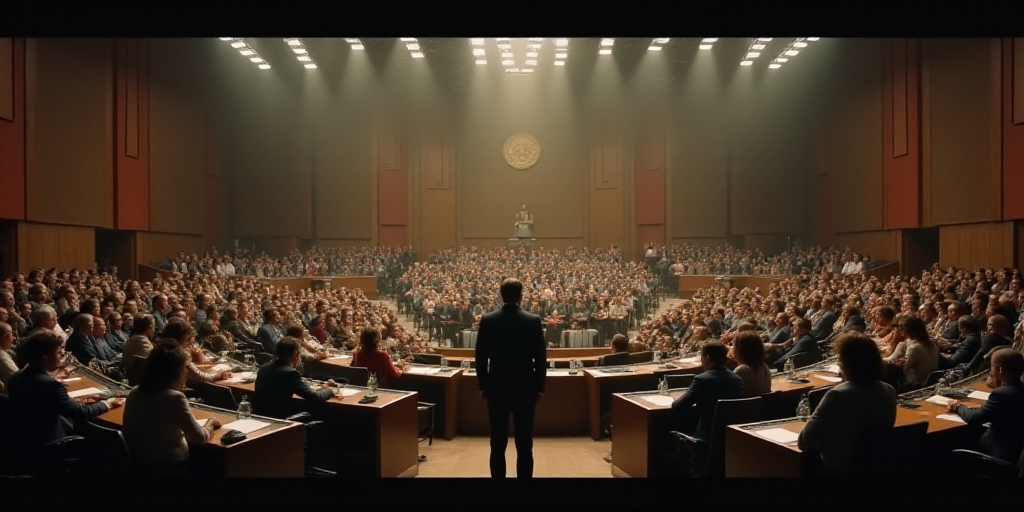Background and Context
The Mexican Senate approved, in general terms, amendments to the Anti-Money Laundering Law (Ley Antilavado) following allegations from the US Department of the Treasury that CIBanco, Intercam, and Vector were financial institutions linked to money laundering and narcotics trafficking.
Legislative Process and Vote
The plenary session of the Senate of the Republic approved, with 74 votes in favor, 13 against, and 19 abstentions, the reform proposed by Javier Corral. This reform aims to address recommendations from the Group of Action Financial International (GAFI), which will evaluate Mexico’s anti-money laundering and counter-terrorism financing efforts this year.
Key Aspects of the Reform
Javier Corral, the legislator who proposed the reform, highlighted its significance in identifying beneficial ownership and ensuring transparency about those who control or benefit from operations. The reform also incorporates new vulnerable activities, such as real estate development, virtual assets, and trusts.
Opposition Criticism
Senator Claudia Anaya, from the Institutional Revolutionary Party (PRI), criticized the reform, stating it seemed more like persecution against informal activities or non-profit and religious organizations rather than targeting money laundering. She argued that the US Treasury Department’s allegations against three Mexican banks (CIBanco, Intercam, and Vector) implied that no one in Mexico sees large-scale money laundering operations. Anaya also claimed that the reform targets citizens instead of “big fish” and expressed concerns about potential militarization of anti-money laundering efforts.
Key Questions and Answers
- What is the Anti-Money Laundering Law (Ley Antilavado)? It is a Mexican law designed to prevent and identify operations involving illicit funds.
- Who proposed the reform? The reform was proposed by Senator Javier Corral.
- What are the main objectives of the reform? The reform aims to identify beneficial ownership, ensure transparency in financial operations, and incorporate new vulnerable activities such as real estate development, virtual assets, and trusts.
- What were the concerns raised by opposition senators? Opposition senators, including Claudia Anaya, expressed concerns about potential persecution of informal activities and non-profit organizations, as well as the possibility of militarizing anti-money laundering efforts.






